Early Years at Occold
At Occold Primary School we plan and deliver learning opportunities using the Early Years Foundation Stage (EYFS) Framework.
We believe every child deserves the best possible start in life and support and encouragement that enables them to fulfil their potential. Children develop quickly in the early years and a child’s experiences between birth and age five have a major impact on their future life chances. A secure, safe and happy childhood is important in its own right. Good parenting and high quality early learning together provide the foundation children need to make the most of their abilities and talents as they grow up.
The EYFS sets the standards that all early years providers must meet to ensure that children learn and develop well and are kept healthy and safe. It promotes teaching and learning to ensure children’s ‘school readiness’ and gives children the broad range of knowledge and skills that provide the right foundation for good future progress through school and life.
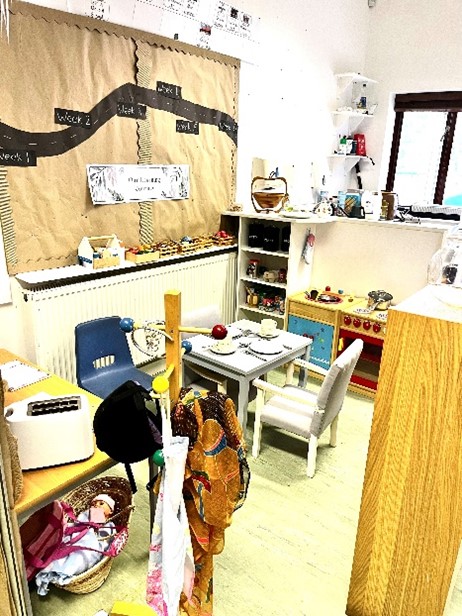
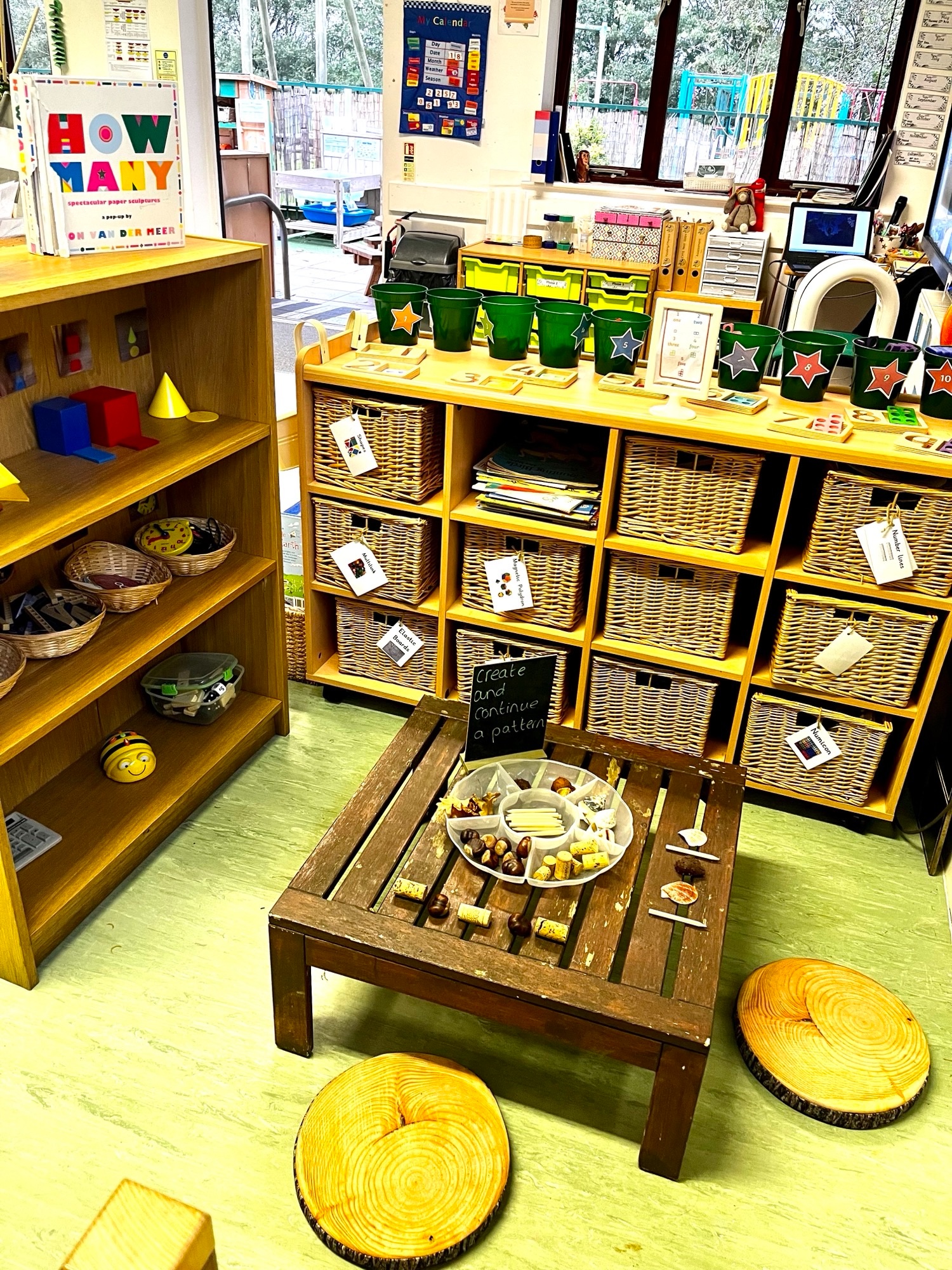
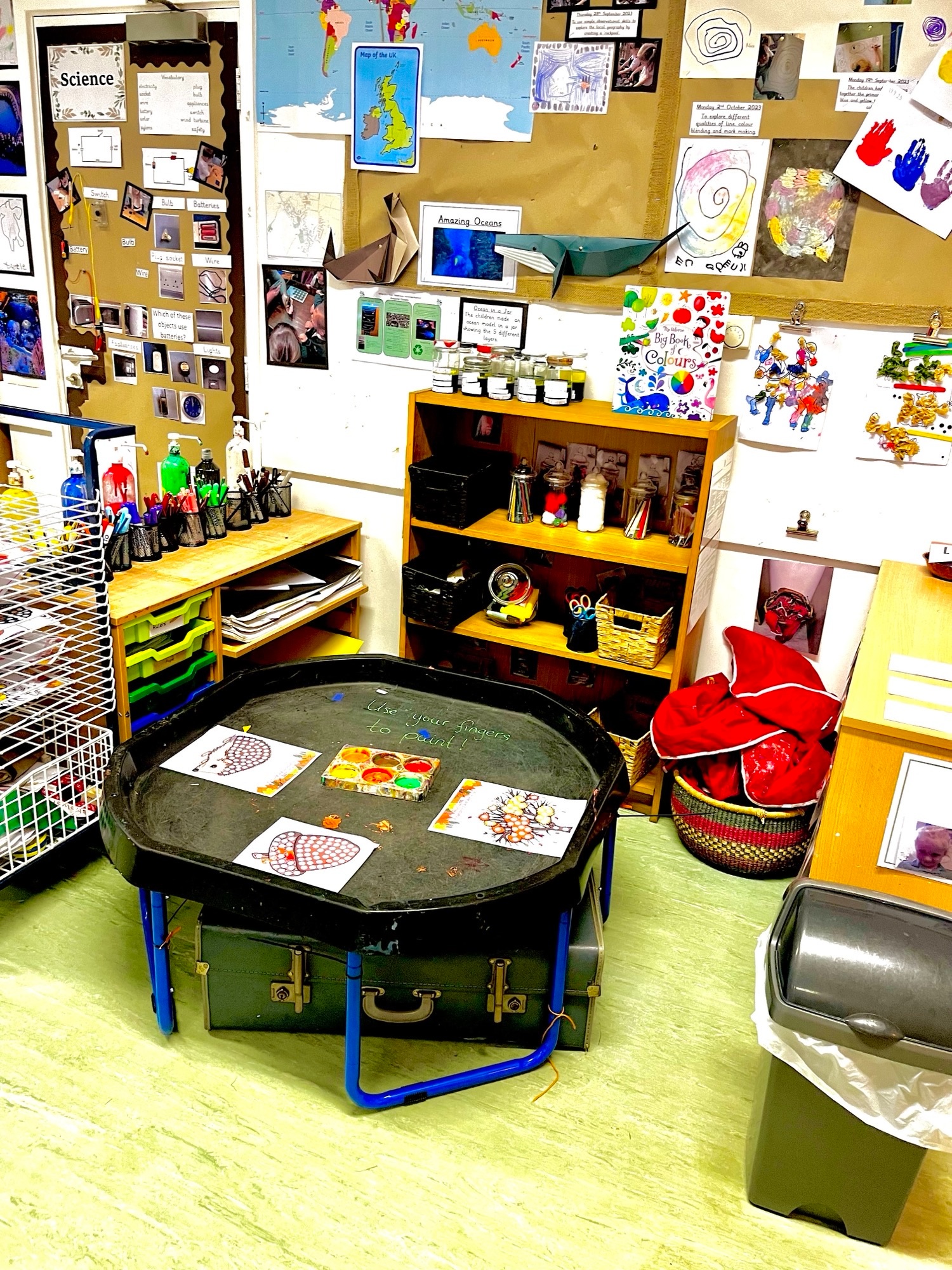
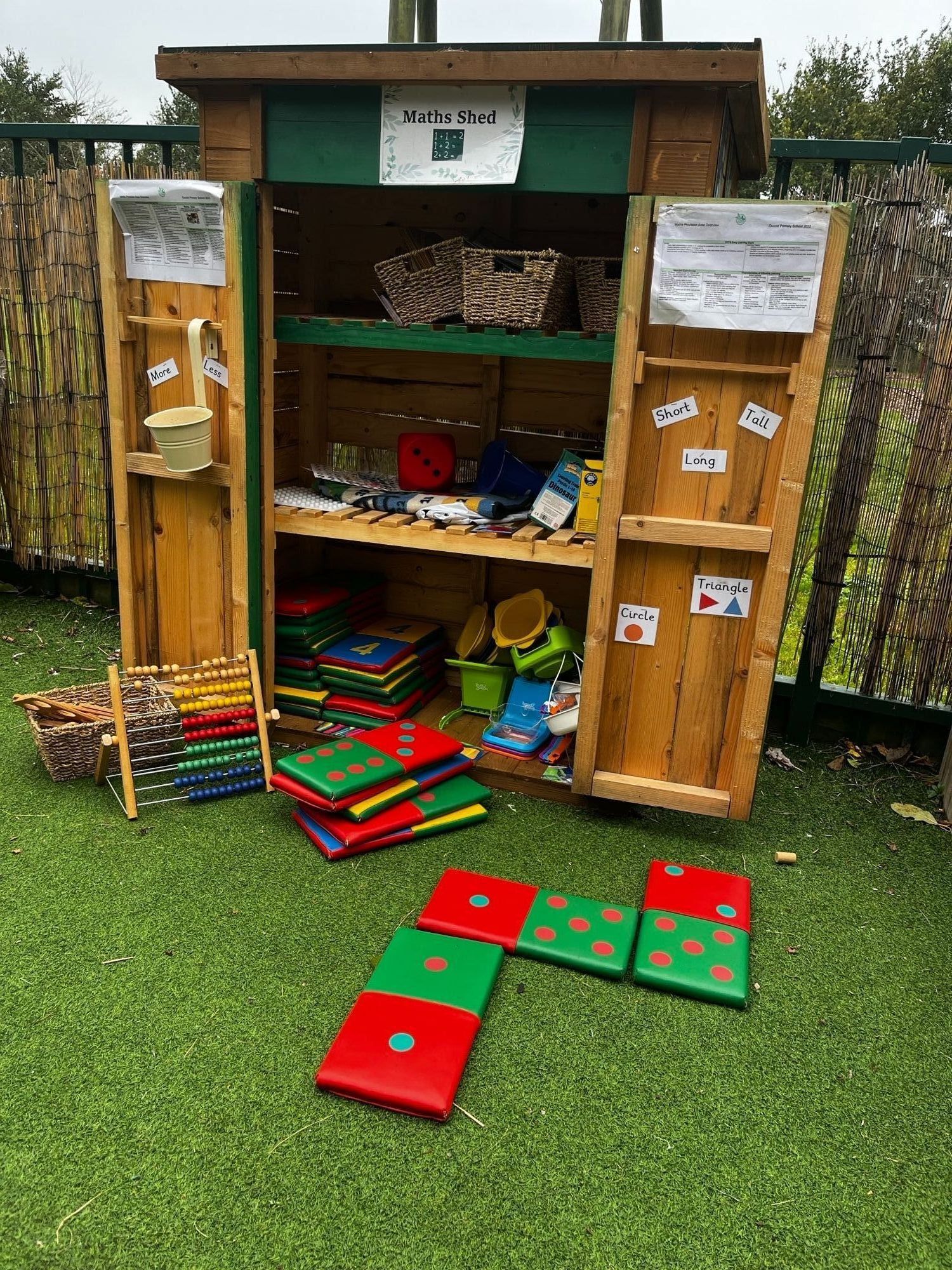
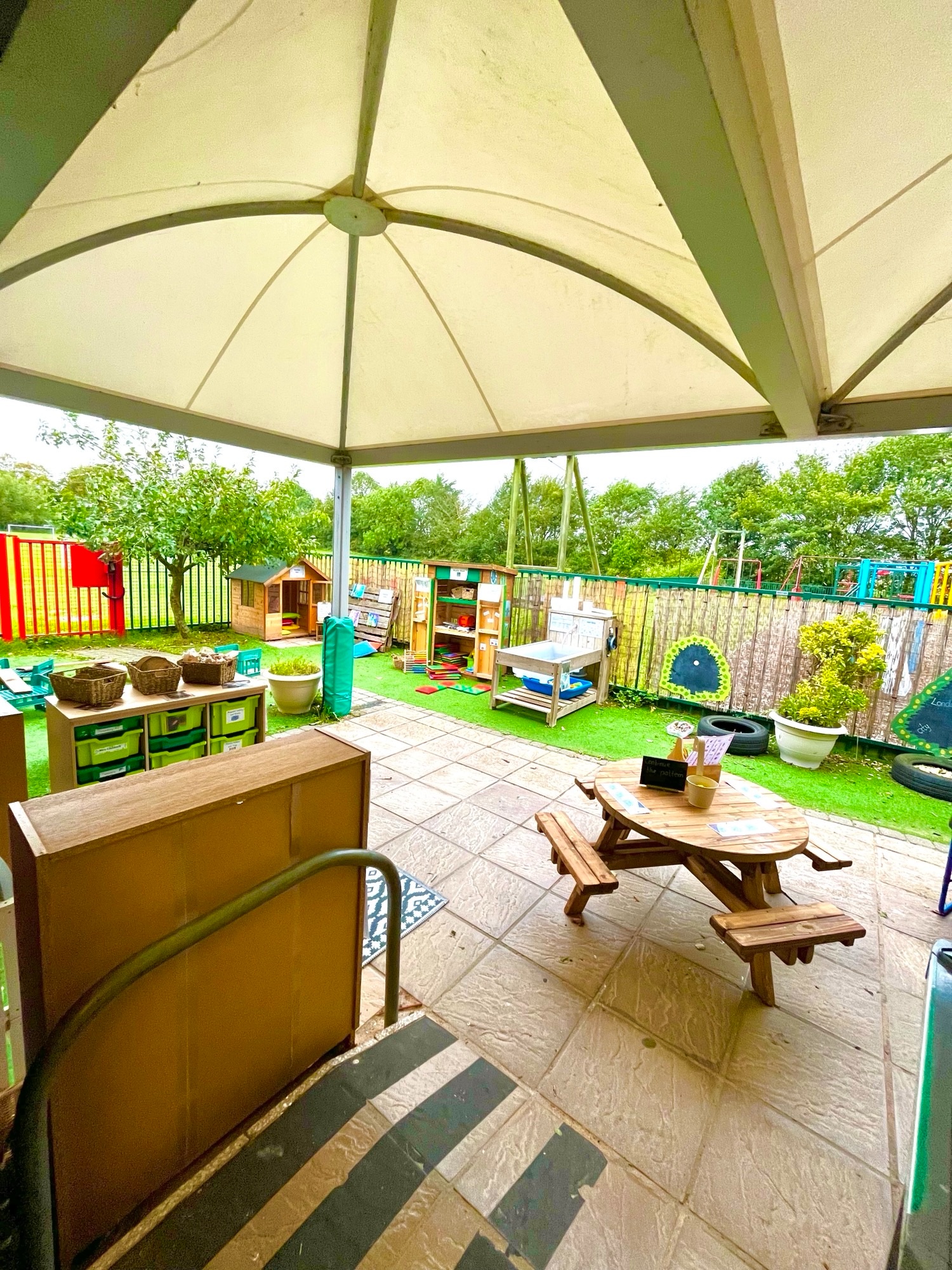
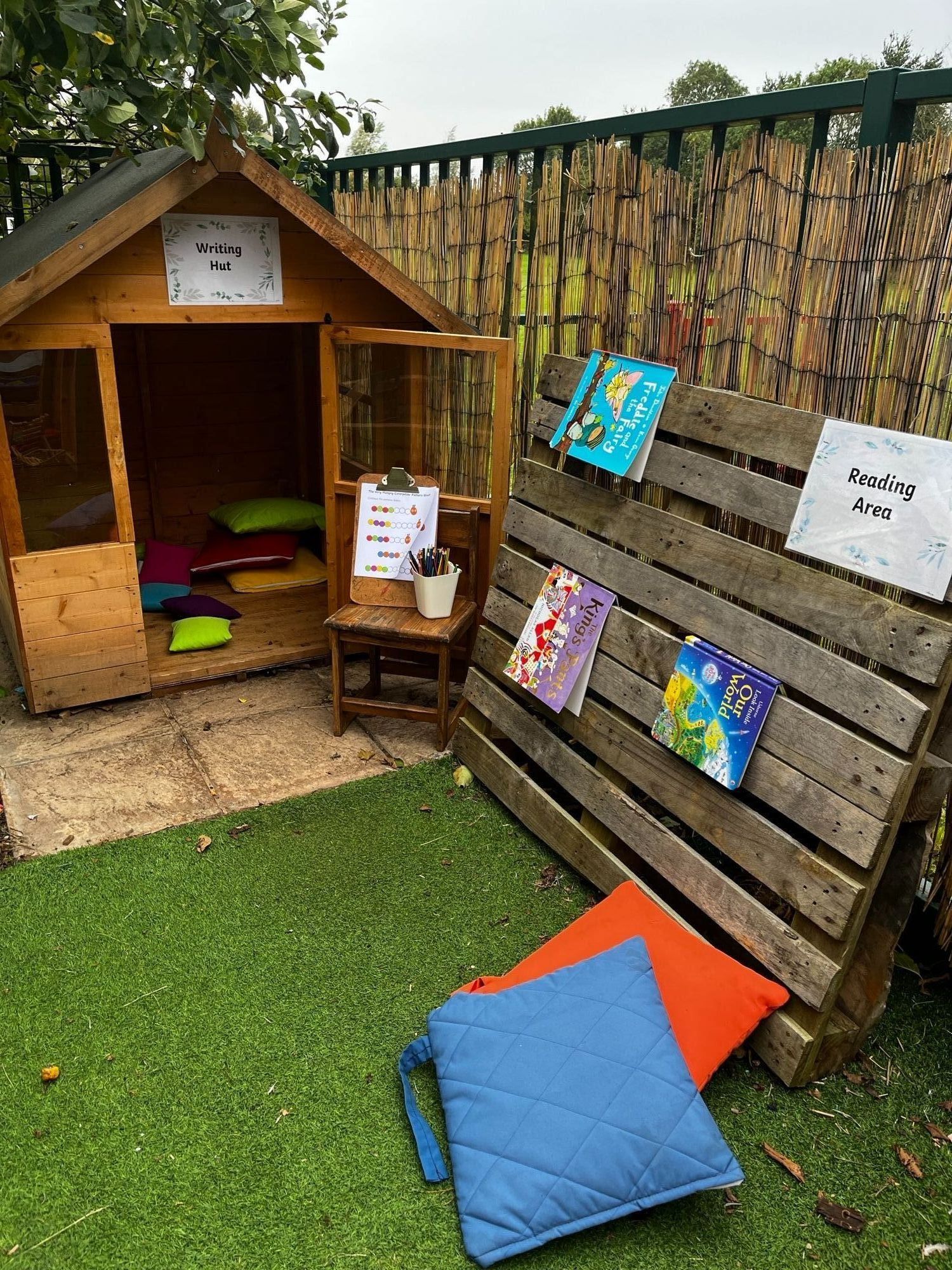
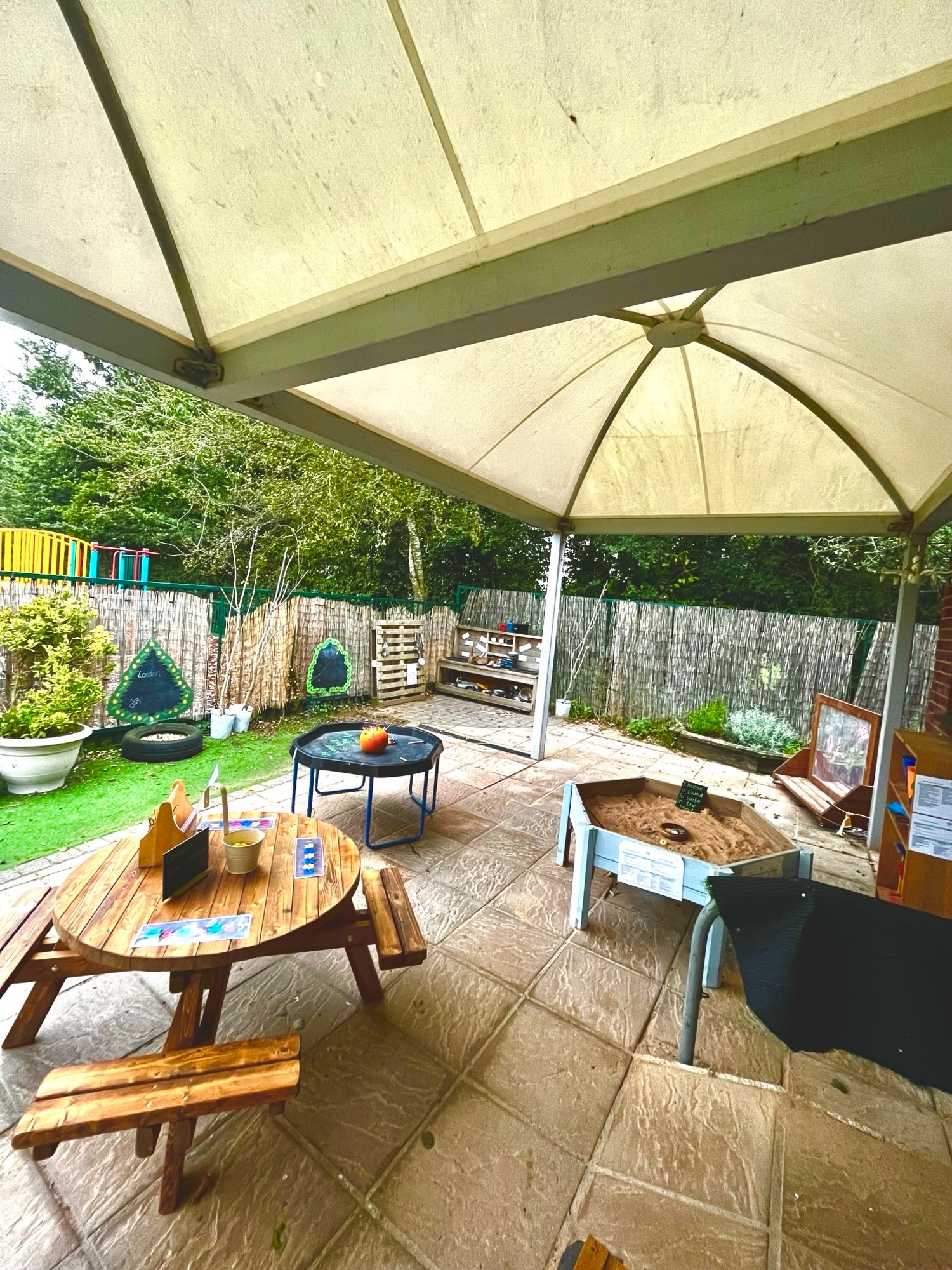
What will my child be learning?
We plan and deliver learning opportunities using the EYFS Framework. This covers the seven areas of learning and development:
Prime Areas
-
Personal, Social and Emotional Development
-
Communication and Language
-
Physical Development
Specific Areas
-
Literacy
-
Mathematics
-
Understanding the World
-
Expressive Arts and Design
How will my child be learning?
We believe that the provision we deliver should provide meaningful learning experiences that are exciting, curious and creative and that these should allow children to question, problem solve, collaborate and imagine. We ensure that the continuous provision we offer in our learning environment is engaging, challenging and provides children with opportunities to develop skills, as well as knowledge and understanding, in all areas of learning.
Play is central to learning, as is giving our children first-hand experiences. The school day is centred around a balance of structured and child-initiated learning, alongside high-quality adult interactions to support effective scaffolding and teaching.
Opportunities for outdoor learning are woven throughout the day and children are encouraged to explore and connect with the natural environment. This is in addition to our forest school sessions which develop children’s knowledge of the world around them.
How can I prepare my child for Reception?
Starting school can be daunting for both children and parents, but it marks the start of an exciting new chapter. Before you know it, your child will be making friends, learning new skills and becoming increasingly independent. Preparing your little one for school will have a positive impact on how well they settle in and interact with other children when they start.
Many of the skills required to be ready for school can be developed through fun activities that you can do together at home or when you’re out and about.
-
Talk to your child about starting school.
Bring the topic of starting school into daily conversations. Perhaps you could ask your little one what they expect from school or what they hope it’ll be like. You could tell them about your school days and show them pictures of you on your first day or with your school friends. Even if you didn’t enjoy school, it’s important to be positive about it around your child, so they feel more relaxed about their new adventure. New experiences can make us a bit nervous as well as excited, so if you or your little one has any worries about starting school, do have a chat with their class teacher. -
Read books together about starting school.
Swap out one of your bedtime books for one that talks about starting school. Whether your little one is excited or nervous about starting school, reading fun stories about school adventures might help them get used to the idea. Visit your local library and ask the librarians if they have any suggestions for you - you might even bump into other families while you’re there! -
Practise the basic skills they’ll need for starting school.
If you can, try to spend some time with your little one each day chatting about what you are doing and listening to them. It can be as simple as talking about the colours of the flowers in the park, or counting how many stuffed toys they have. Mark making is another fun activity which is a simple way to encourage your little one to draw. Whether it's a dot or a squiggly line, you could doodle together or take a bucket of water and paintbrush outside to get creative! This all helps your child to develop their writing skills. By incorporating these skills into their daily activities, children will learn through play and begin to understand the world around them during their everyday life. -
Visit their new school.
As a school, we offer open days for parents and their children to look round, as well as transition days in the summer term before they are due to start school. -
Practise self-care
Being independent is a useful skill when a child starts school, so encourage your little one to do things like getting dressed themselves, blowing their own nose and going to the toilet alone. Make sure you give them plenty of time to practise these important life skills and remember to praise all their efforts, no matter how small, as this will build their confidence.
What will my child's transition to primary school be like?
As soon as your child’s place at Occold Primary School is confirmed, we will be in contact with you to arrange a home visit to meet with you and get to know your child a little. We will be able to tell you a little more about the school set-up and give you an opportunity to speak confidentially about your child’s needs and development. The purpose of these home visits is to start to build a parent-teacher relationship founded on two-way trust and respect.
Our Reception class teacher will also contact your child’s nursery to arrange a visit to meet their current Key Person and your child. This is another opportunity to get to know your child in a familiar setting and speak about their learning and development within the Early Years Foundation Stage curriculum. Your child's records will be passed on from Nursery and/or Pre-school groups, enabling us to ensure continuity throughout the Early Years Foundation stage.
Children will be offered some transition days in the summer term before they start school in September, so they can have a taste of what their class will look like, which other children will be starting with them and meet the adults who will be working with them when they start.
